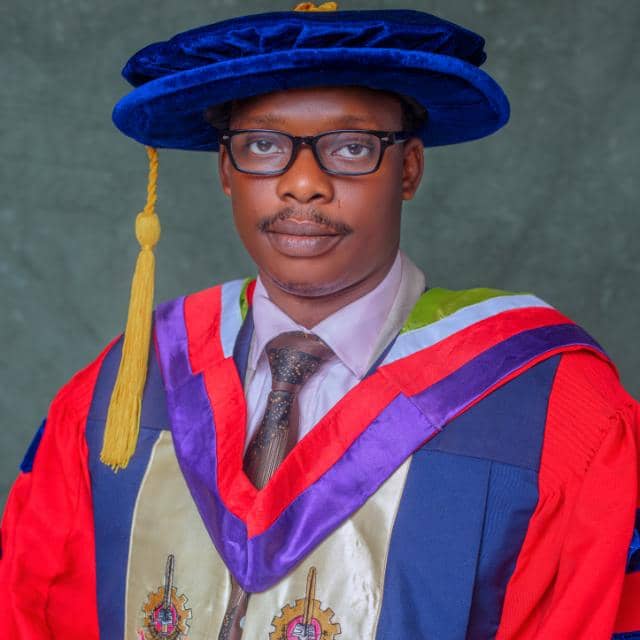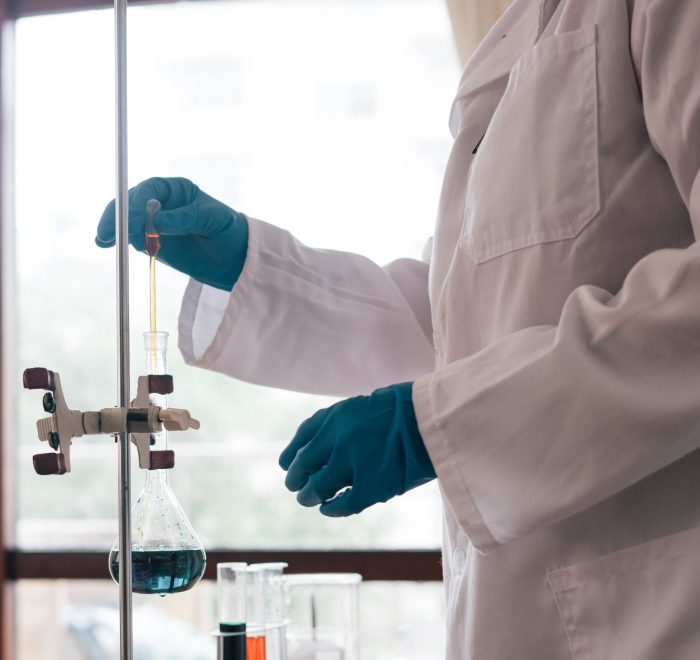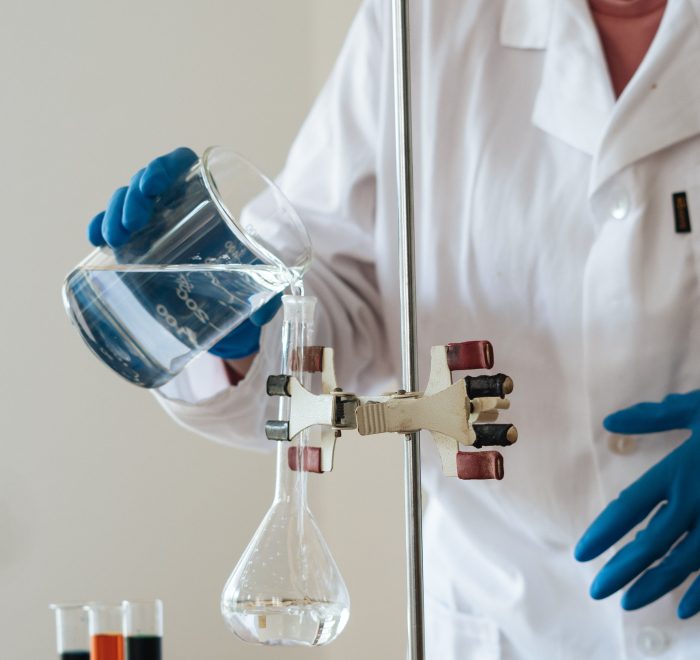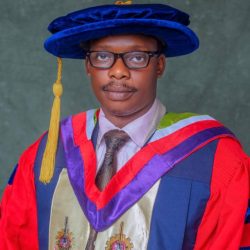Philosophy
As long as disease agents and their vectors continue to pose significant challenges to human health and socio-economic development worldwide, there will always be a pressing need for the prevention, management, and control of such diseases by trained personnel. To address this need effectively, it is crucial to provide comprehensive training in the field of Medical Sciences and laboratory techniques. This training equips individuals with the necessary skills to work competently in various settings, including hospital laboratories, research institutions, private diagnostic centers, universities, public health institutions, and food and beverage processing organizations. By investing in the education and training of skilled professionals, we can better combat diseases and contribute to the overall improvement of global health and well-being.
Mission
The Medical Laboratory Science department's mission is to emphasize the critical role of laboratory investigations in diagnosing, managing, and prognosticating disease states by analyzing components of biological fluids. We aim to equip students with managerial skills for leadership roles in both training and practice. Additionally, we strive to empower students to develop expertise in producing biological and diagnostic reagents, fabricating equipment, and introducing new diagnostic procedures. Our goal is to provide a solid academic and professional foundation for producing Medical Laboratory Scientists meeting international standards and capable of further specialization. We also foster entrepreneurship among graduates, enabling them to establish themselves and contribute to the advancement of laboratory sciences.
Vision
The Medical Laboratory Science department's vision is to be a premier center for excellence in laboratory sciences education and research. We aim to produce highly skilled Medical Laboratory Scientists who contribute to healthcare innovation and public health advancement globally. Through innovative teaching and cutting-edge research, we strive to shape the future of laboratory medicine and improve health outcomes for individuals and communities.









